Why is it important to protect the liver?
The liver is a vital organ in the body that cannot be replaced. It has various important functions, such as digestion, metabolism, blood coagulation, and energy storage. When the liver weakens, it can adversely affect the functioning of other organs in the body.

In addition, the liver plays a crucial role in detoxifying harmful substances that we consume daily and transforming them into less toxic or non-toxic substances for excretion.
Furthermore, the liver has a remarkable ability to tolerate damage. As long as it maintains at least 30% of its function, most liver diseases do not exhibit clear external symptoms. This makes it important to take measures to protect the liver even when there are no apparent signs of damage.
Consequences of poor liver health
When the liver fails to perform its functions, toxins accumulate in the body, especially under the skin, leading to skin irritation, redness, and acne.

The liver also secretes bile to aid in the digestion and absorption of fats. A weak liver with insufficient bile secretion can cause symptoms such as bitter taste in the mouth, indigestion, bloating, digestive disorders, aversion to oily foods, and pain in the right side of the ribcage.
Over time, these symptoms can lead to loss of appetite, weight loss, prolonged fatigue, and significantly impact both physical and mental health.
Types of foods that promote liver health
According to several studies, adopting healthy dietary habits is crucial for maintaining liver health. The following fruits and vegetables are particularly beneficial for the liver as they aid in detoxification, fat reduction, and protection of liver cells, and promote the metabolism of proteins, sugars, and fatty acids.
Grapes
Red and purple grapes contain resveratrol, which has anti-inflammatory and antioxidant effects that benefit the liver. Consuming grapes directly or as juice can promote liver health.
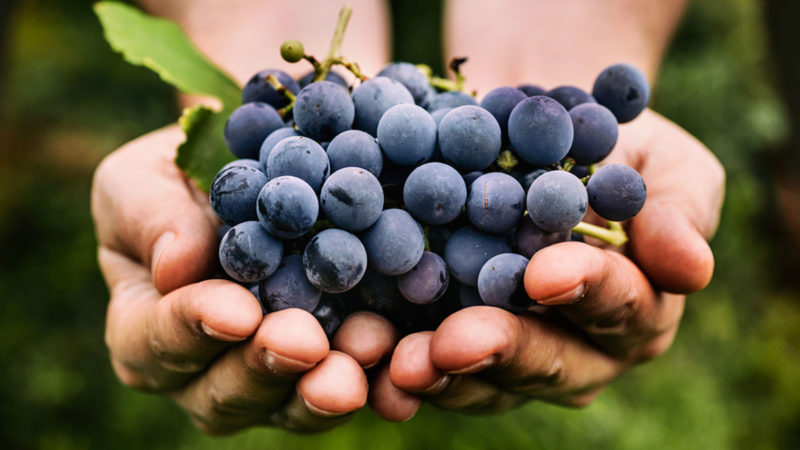
Sugar beet juice
In addition to protecting the cardiovascular system, sugar beet juice also reduces liver damage caused by oxidative stress and inflammation, while supporting the production of natural detoxifying enzymes.
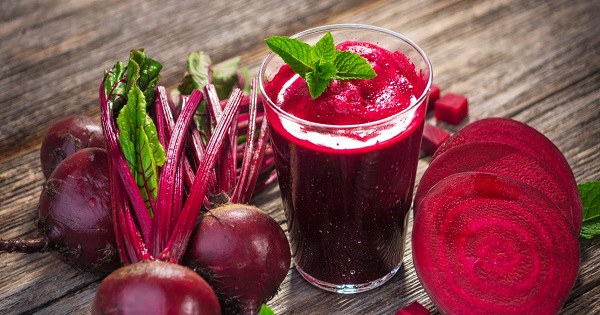
Kale
Consuming a variety of vegetables is one of the most effective ways to maintain liver health, and kale is especially beneficial. Studies have shown that kale can improve conditions of fatty liver.
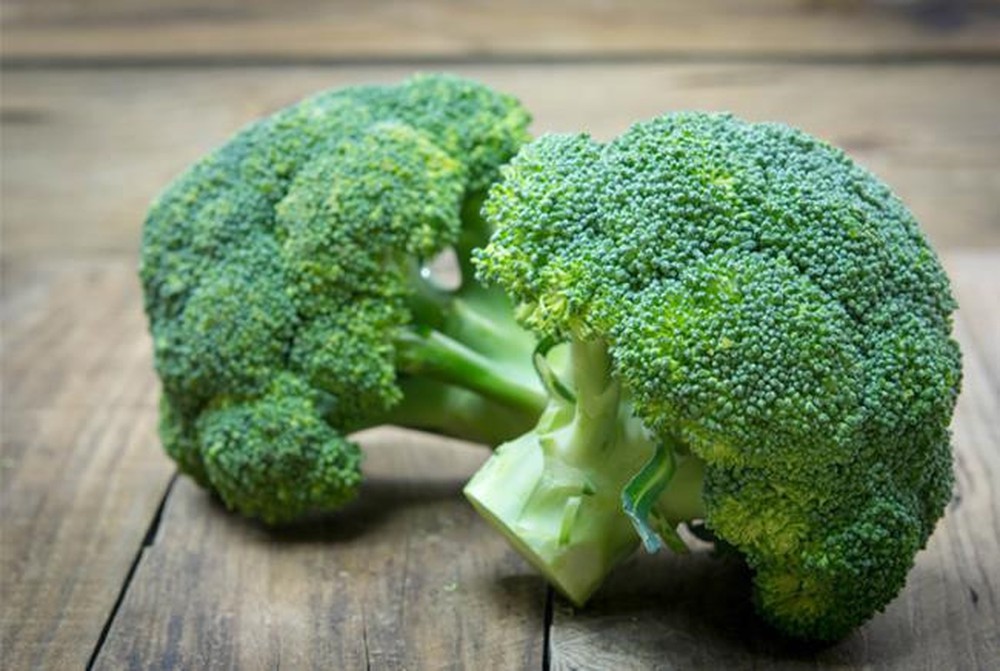
Blueberries
Blueberries contain polyphenols that help prevent non-alcoholic fatty liver disease, obesity, and high cholesterol levels.
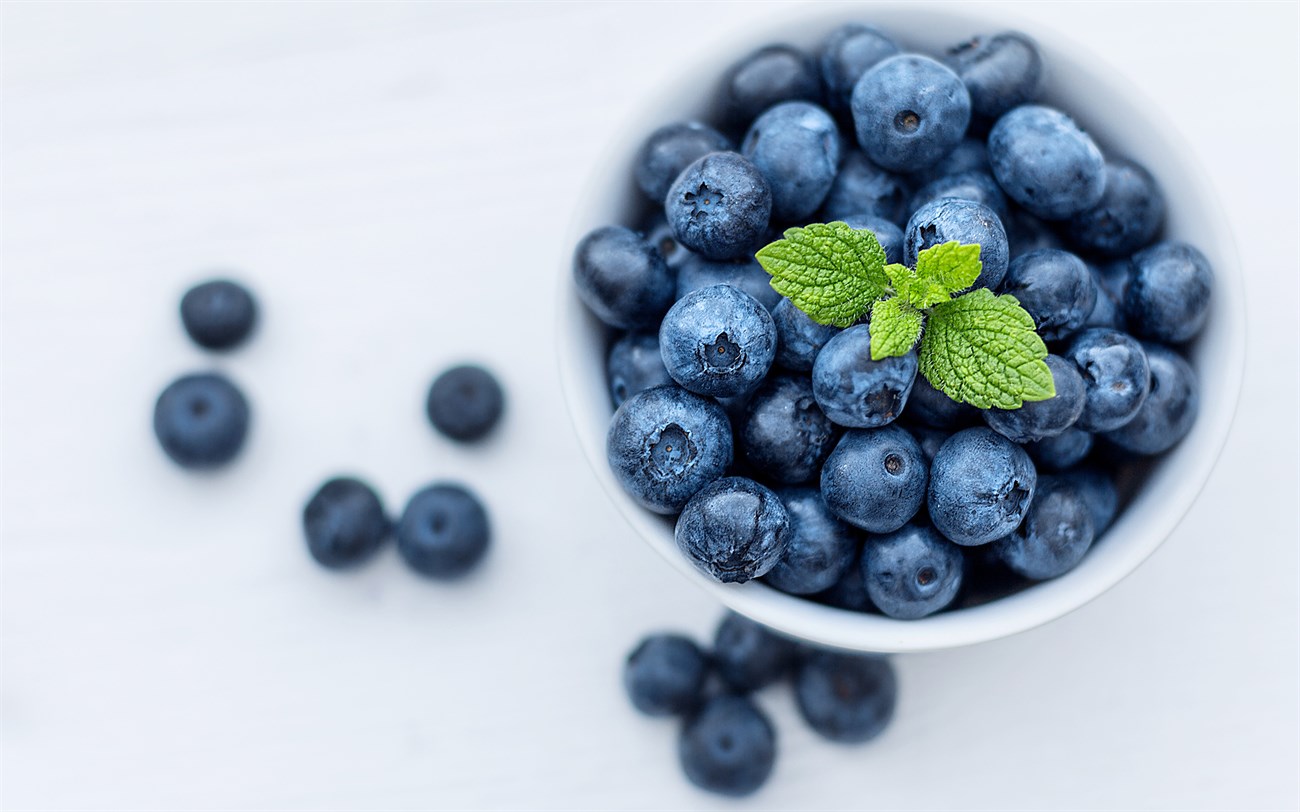
Pomelo
Pomelo is known for its excellent antioxidant properties, making it one of the top foods for protecting the liver. Its antioxidants help reduce the development of liver fibrosis, which is often caused by chronic inflammation of the liver.
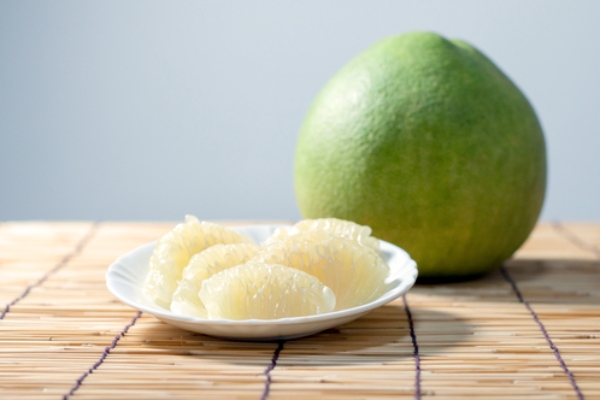
Above are some fruits and vegetables that help protect and maintain a healthy liver. We hope that this article provides useful information for you!
Discover How Fish Oil Improves Skin Health and Treats Acne
 Health and Treats Acne’>
Health and Treats Acne’>Uncover the remarkable health and skin care benefits of using fish oil for treating acne and improving overall wellness in this enlightening article.













